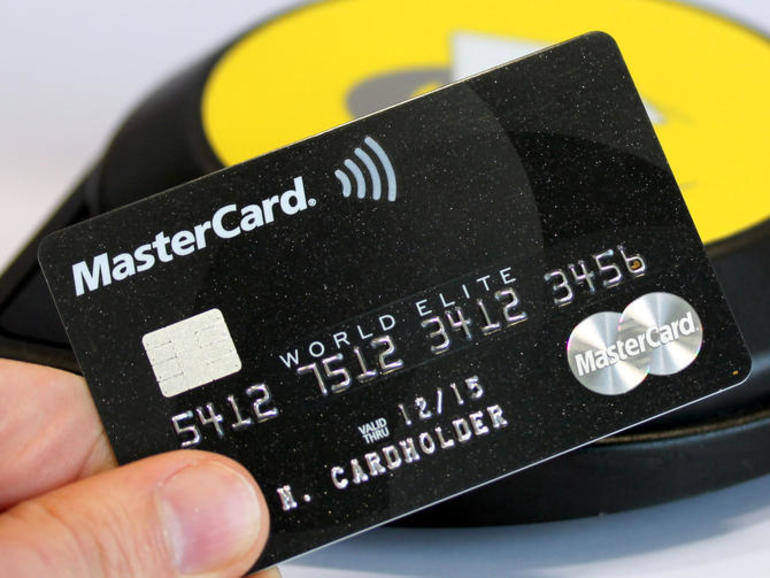Samsung Electronics and Mastercard have partnered to pilot a biometric card that uses a built-in fingerprint sensor to authorise in-store transactions.
The partnership, confirmed through a memorandum of understanding, will see the companies develop a card using Samsung’s System LSI Business’ new security chipset, which Samsung claimed has integrated “key discrete chips” to improve efficiency.
“Drawing from our strong security solution background in various applications such as passports, credit cards, and mobile devices, we will work with Mastercard and Samsung Card to create an environment where consumers can use payment card services with an added peace of mind,” Samsung Electronics vice president Harry Cho said.
The card will be able to be used at any Mastercard in-store payment terminal, they said.
It will not require PIN or signature authorisations when transactions are made, the companies added.
The pilot biometric card will be rolled out in South Korea later this year, with the adoption of the solution to be a gradual process, Samsung said. The rollout will first start with corporate credit cards that have more frequent international transactions.
Mastercard debuted a fingerprint sensor-embedded credit card back in 2017. Trials were initially underway in South Africa at the time, with the payments giant touting it had planned for a global rollout by the end of that year.
Credit card chips and SIM cards maker Gemalto then followed in Mastercard’s footsteps the year after, launching a contactless credit card with a fingerprint reader to Bank of Cyprus customers.
Since then, Mastercard has teamed up with identity solutions firm Idemia and Singapore-based fintech MatchMove to pilot a biometric fingerprint card to authorise in-store payment transactions in Asia.
The Mastercard-Idemia pilot card, called F.Code Easy, is embedded with a sensor to allow customers to authorise a payment using their fingerprint, with the fingerprint sensor being powered by the energy from payment terminals.



